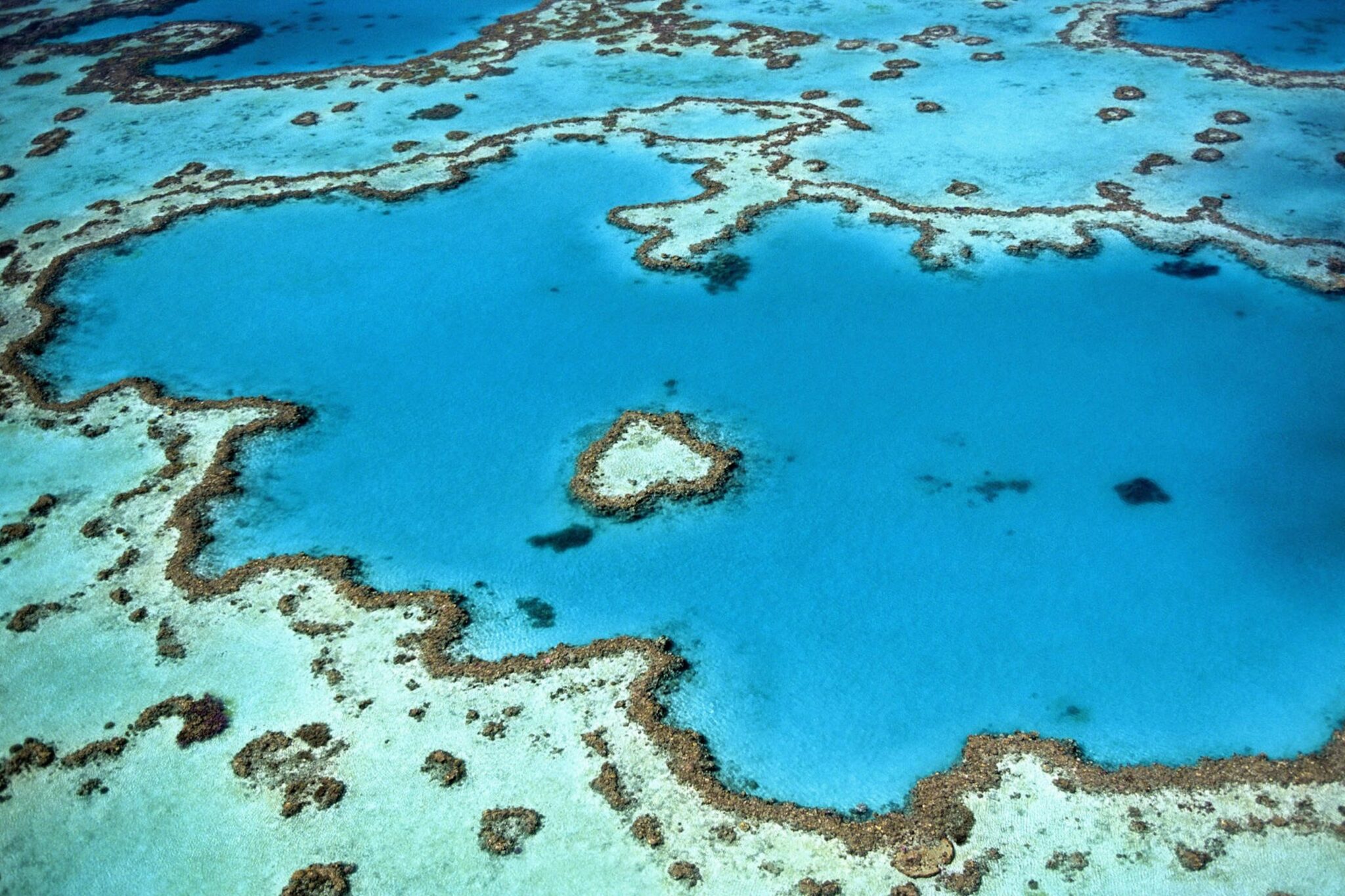Skift Take
The Great Barrier Reef is experiencing its fifth coral bleaching event in eight years. Surprisingly, tour operators are crucial in providing the research the government needs to save the treasure.
The Great Barrier Reef is in the midst of its worst mass bleaching event on record — a process in which warmer-than-usual water causes corals to expel their algae and turn white. Corals can survive a bleaching event, but it puts them under stress and makes them more susceptible to dying.
The tourism sector in the Great Barrier Reef has a long history of trying to lessen the harms of human impact. And in recent years, it has found that tourists can help.
The Reef brings more than 2 million tourists to the northeast coast of Queensland, Australia every year and it provides 60,000 jobs. The reef ecosystem boasts 400 types of coral, 1,500 species of fish, rare whale species and six of the world’s seven marine turtle species. It was designated a World Heritage site in 1981. However, the experience has been changing as the climate warms.
UNESCO, the UN body that oversees World Heritage sites, suggested in 2021 that the site be
